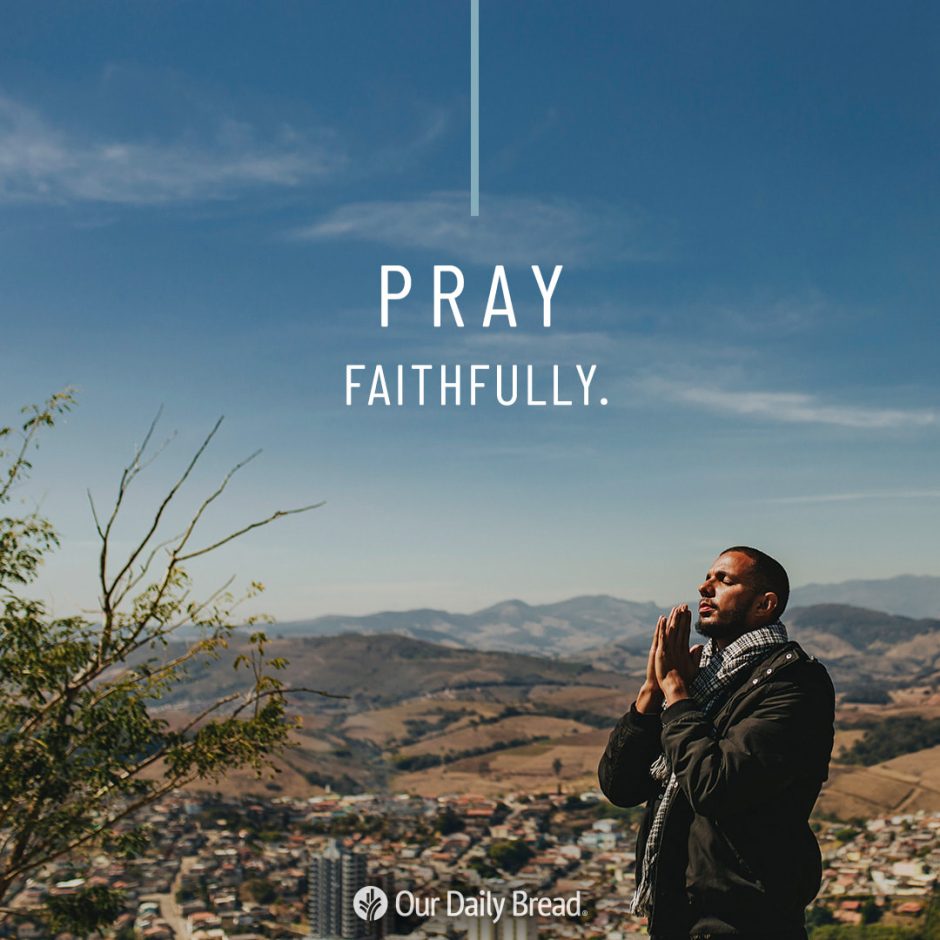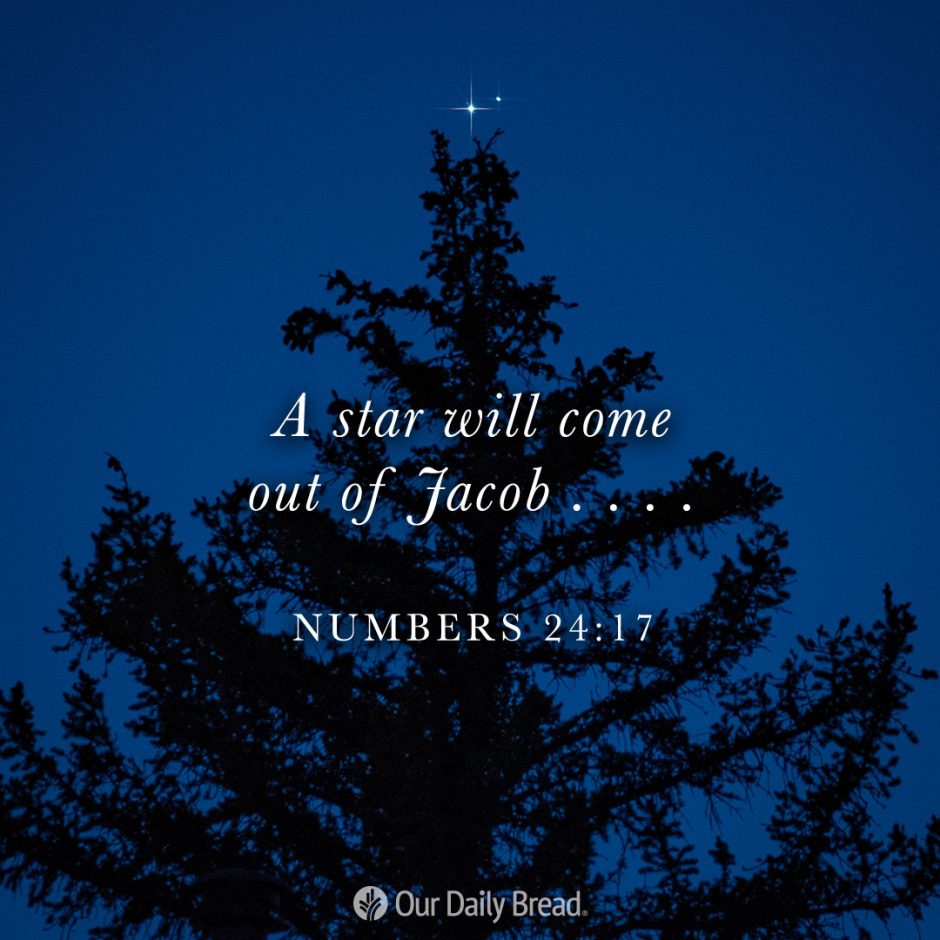Granny Whale
An Orca whale, who researchers have named “Granny,” apparently knew the importance of her role in the life of her “grandbaby whale.” The young whale’s mother had recently died and the orphaned whale was not yet old enough to thrive without protection and support. Granny, though in her 80s (or older), came alongside to teach him what he needed to know to survive. Granny corralled some fish for the younger whale instead of consuming them herself, so he would not only have a meal but would also learn what to eat and where to find the salmon he’d need to live.
We too have the distinct honor and joy of passing on what we know—we can share the wonderful works and character of God to those coming after us. The aging psalmist asks God to allow him to “declare [His] power to the next generation” (Psalm 71:18). He earnestly wishes to share with others what he knows of God—His “righteous deeds” and “saving acts”—that we need to flourish (v. 15).
Even if we don’t have the gray hairs of old age (v. 18), declaring how we’ve experienced the love and faithfulness of God can benefit someone on their journey with Him. Our willingness to share that wisdom might just be what that person needs to live and thrive in Christ even in adversity (v. 20).

Bending Low
A young mom followed behind her daughter, who pedaled her tiny bike as fast as her little legs could go. But picking up more speed than she wanted, the little girl suddenly rolled off the bike and cried that her ankle hurt. Her mom quietly got down on her knees, bent down low, and kissed it to “make the pain go away.” And it worked! The little girl jumped up, climbed back on her bike, and pedaled on. Don’t you wish all our pains could go away that easily!
The apostle Paul experienced the comfort of God in his continual struggles yet kept going. He listed some of those trials in 2 Corinthians 11:23–29: floggings, beatings, stonings, sleep deprivation, hunger, care for all the churches. He learned intimately that God is “the Father of compassion and the God of all comfort,” as he first declared in chapter one, verse three. Another version translates those verses this way: “He is the Father who gives tender love” (
God’s loving ways of comforting us are many and varied. He may give us a Scripture verse that encourages us to continue on or a special note or phone call from a friend that touches our spirit. While the struggle may not go away, because God bends down low to help us, we can get up and pedal on.
The Truth About Christmas
Going back to Jesus — the real reason for the season.
A 5 Day Devotional Reading Plan
Continue the Journey!
Visit journeythrough.org today or get your own copies at ourdailybreadpilipinas.org.

Treasured Prayer
The Clark’s Nutcracker is an amazing bird. Every year it prepares for winter by hiding tiny caches of four or five whitebark pine seeds, as many as five hundred seeds per hour. Then, months later, it returns to uncover the seeds, even under heavy snow. A Clark’s Nutcracker may remember as many as 10,000 locations where it has hidden seeds—an astounding feat (especially when you consider the difficulty we humans can have remembering the location of our car keys or glasses).
But even this incredible act of memory pales in comparison with God’s ability to remember our prayers. He’s able to keep track of every sincere prayer and remember and respond to them even years later. In the book of Revelation, the apostle John describes “four living creatures” and “twenty four elders” worshiping the Lord in heaven. Each one was “holding golden bowls full of incense, which are the prayers of God’s people” (5:8).
Just as incense was precious in the ancient world, our prayers are so precious to God that He keeps them before Him continually, treasured in golden bowls! Our prayers matter to God because we matter to Him, and through His undeserved kindness to us in Jesus He offers us uninhibited access (Hebrews 4:14–16). So pray boldly! And know that not a word will be forgotten or misplaced because of the amazing love of God.

No Cursing
William Shakespeare was a master of the insult, a “quality” that actor Barry Kraft adeptly leverages with his Shakespeare Insult Generator. The clever little book consists of obscure insults drawn from Shakespeare’s plays. For instance, you might disparage someone by saying, “Thou thrasonical, logger-headed rampallian”—which is so much more creative than saying, “You brag a lot and you’re not very smart, you scoundrel!”
Kraft’s light-hearted book is in good fun. But an ancient king of Moab once tried to pay a mysterious prophet, not merely to insult the Israelites but to outright curse them. “Come and put a curse on these people,” King Balak told Balaam (Numbers 22:6). Instead, Balaam enraged the king by blessing the Hebrew people—multiple times (24:10). One of his blessings included this prophecy: “I see him, but not now; I behold him, but not near” (24:17). Clearly the individual in view is not yet on the scene, but just who is Balaam talking about? The next line holds a clue. “A star will come out of Jacob; a scepter will rise out of Israel” (v. 17). The “star” would one day lead wise men to the promised Child (Matthew 2:1–2).
Think of it! An ancient Mesopotamian prophet who knew nothing of Messiah pointed the world to a future sign declaring His arrival. From an unlikely source came not cursing, but blessing.

